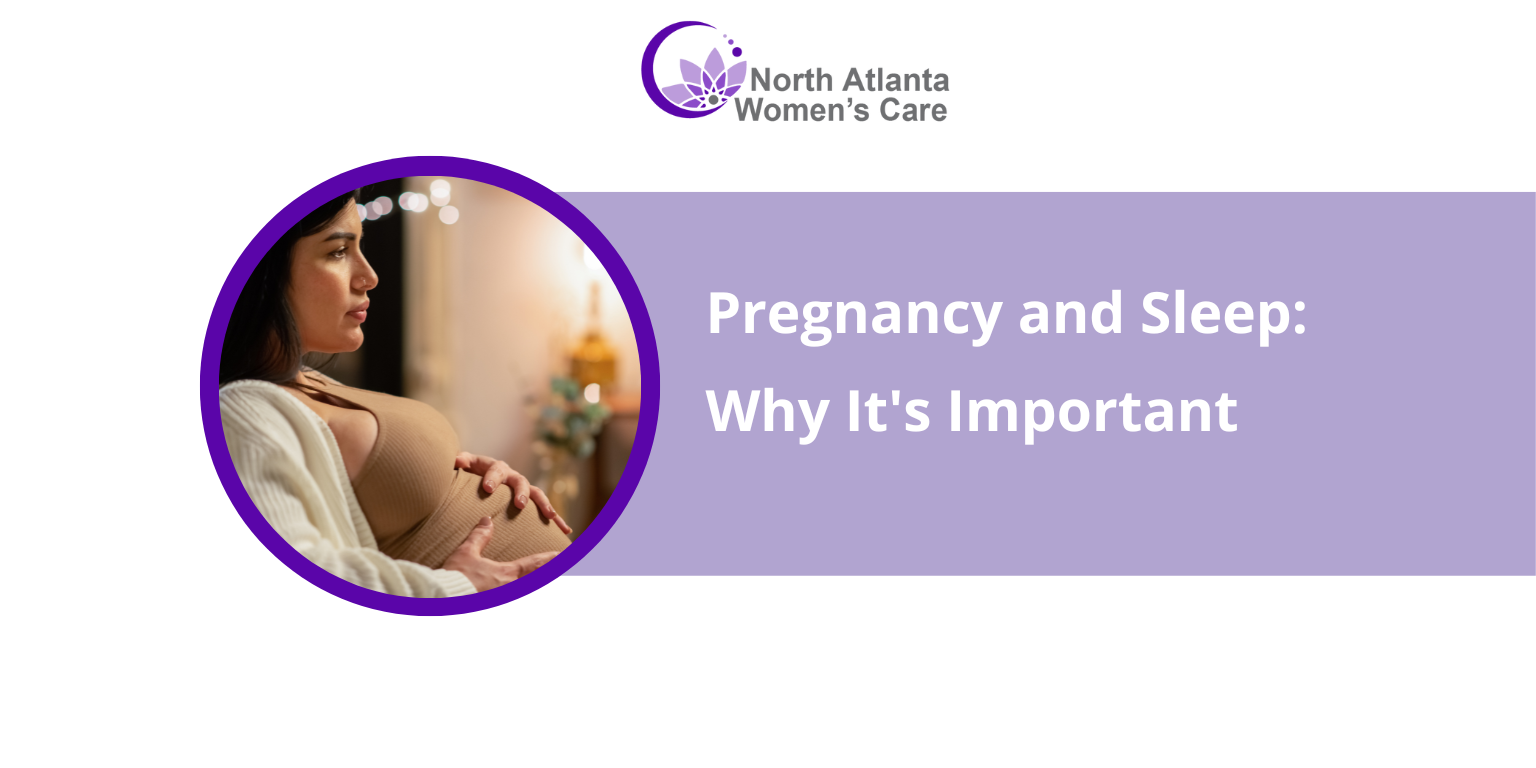Pregnancy and Sleep: Why It's Important

During the first trimester of pregnancy, sleep comes naturally to pregnant women, but as the pregnancy progresses, the ability to get a sound sleep decreases gradually. 45.7% of women reported having a bad sleep during pregnancy, according to a meta-analysis of studies published up to 2015. This can further develop into insomnia and make you feel overwhelmingly tired throughout the day which can be very troublesome for your fetus. There is also mounting evidence that these sleep issues may have detrimental effects on both the mother and the fetus.
With that being said, let’s take look, why sleep is crucial during your pregnancy.
How Does Sleep Affect Pregnancy?
Research suggests that the quality and quantity of sleep a pregnant mother gets can affect their labor and delivery. According to a recent study from the University of California, San Francisco, women who slept for fewer than 6 hours per night were more likely to experience prolonged labor and were 4.5 times more likely to require a cesarean surgery. Too little sleep can also increase the risk of high blood pressure and, in turn, the risk of preeclampsia. Moreover, a lack of sleep can also result in gestational diabetes (increased blood sugar levels during pregnancy).
What Causes Sleep Deprivation During Pregnancy?
The causes of insomnia in pregnancy include:
- anxiety
- mood swings
- difficult breathing
- restless legs syndrome
Additional pregnancy-related symptoms that could impact or interfere with your sleep include:
- Nausea and vomiting
- Frequent urination
- Tender breasts and back pain
- Fetal movement
- Leg cramps
- Anxiety about labor
Oversleeping During Pregnancy: Is It Harmful?
Wanting more sleep is normal throughout the first three trimesters of pregnancy because of the hormone changes and inconsistent body metabolism. Despite being connected to many of the major, well-established risk factors for unfavorable pregnancy outcomes, maternal sleep has not received enough attention as a viable area for mother and newborn health interventions.
A US study found that uninterrupted sleep for more than nine hours per night during pregnancy may increase the risk of stillbirth. As blood pressure drops during sleep, prolonged periods of undisturbed sleep have been linked to stillbirths, according to the study. However, as the body awakens, blood pressure rises, preventing a prolonged period of relatively low blood pressure.
If you are exhausted or aren't getting enough sleep at night, it's acceptable to take a nap. Just watch out that it doesn't go on for too long since it can keep you up at night!
Sleeping Properly: How to Make Sure You Get Enough
Getting enough sleep gets a little more difficult, particularly in the third trimester. Additionally, one may find it hard to turn over or change positions in bed. When pregnant, sleeping on your left side is the most comfortable position. This enhances the flow of blood and, consequently, nutrients to your baby. For added support, consider tucking a pillow under your tummy.
Small lifestyle changes, such as switching off your phone and television before bedtime, can help improve sleep quality. Stress and anxiety can also affect your ability to sleep, so practice meditation and other breathing techniques to alleviate stress. You can check out our blog on sleeping tips for pregnant women to learn how you can sleep more comfortably.
Are You Pregnant? Get High-Quality Care from Our Team at North Atlanta Women’s Care
To prevent negative pregnancy outcomes, early sleep disturbance treatment therapies are advised. Schedule an appointment with us at North Atlanta Women's Care today if you are looking for the leading OB/GYN near you.
Comments are closed

